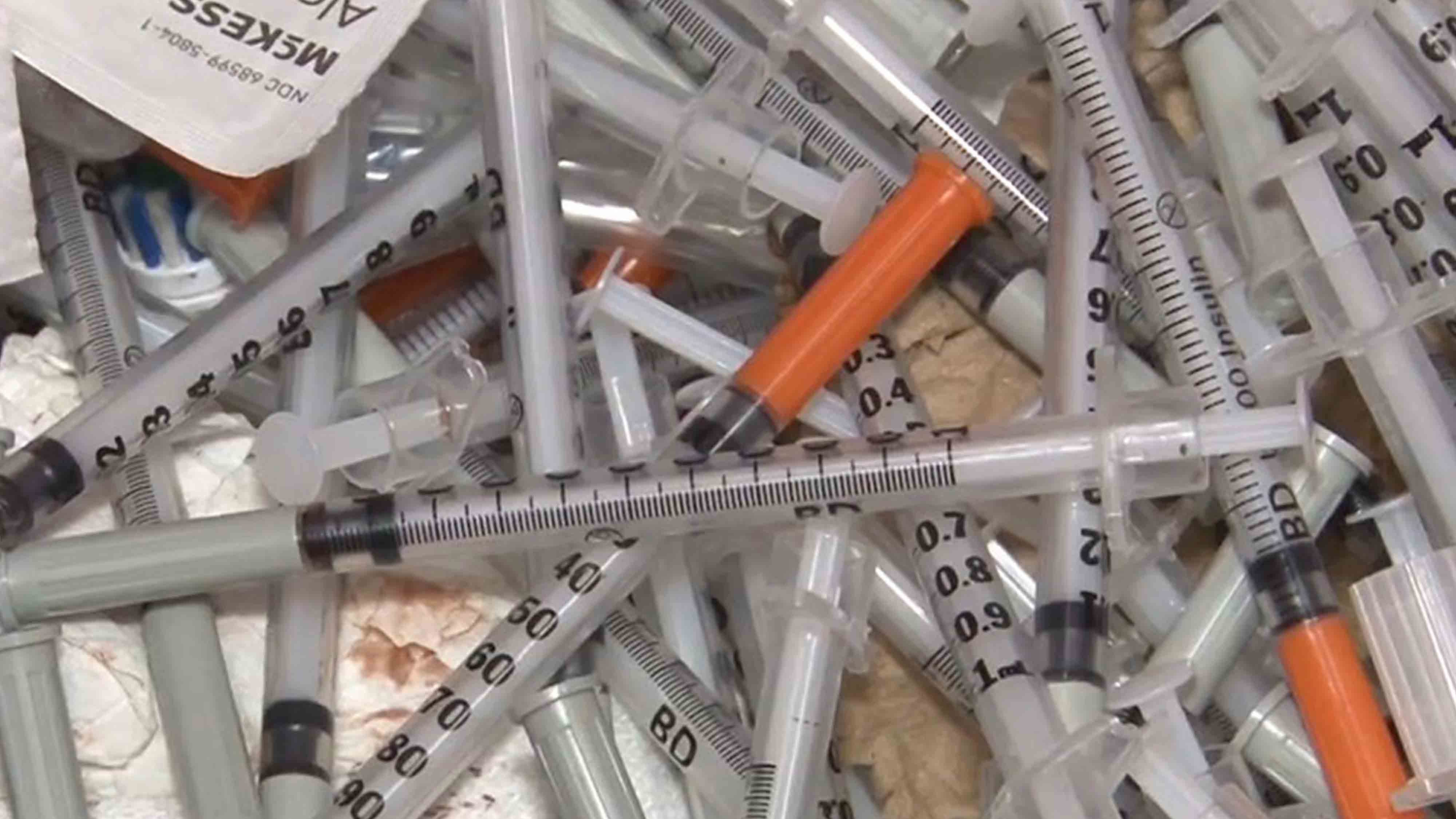
Tech & Sci
09:06, 27-Oct-2017
America’s opioid crisis brings outbreak of Hepatitis C
By CGTN’s Dan Williams

US President Donald Trump planned to declare the opioid crisis a “national emergency” on Thursday.
This came nearly three months after a White House commission on drug addiction urged him to make such a designation. Meanwhile, there are other health concerns related to the crisis, including a rampant rise in Hepatitis C.
“People are getting diagnosed with Hepatitis C, and they are not getting any treatment. And if they don’t get treatment, they are going to die,” Cheryl Hall from The Chicago Recovery Alliance, a program that provides free Hep C testing, said.
However, actual heroin users are not aware of this.
“Everybody I know that shoots dope, everybody I know has it. Off the top of my head, 50 people downtown that I know has Hep C,” Laroy Getz, a heroin user of 15 years who also tested positive for Hepatitis C said. “Nobody even cares about it, they don’t even know what it is.”
Without treatment, Hepatitis C often manifests into severe, life-threatening liver disease and cancer. But the treatment costs tens of thousands of dollars.
West Garfield is the center of Chicago’s heroin trade, and the incidence of diseases such as Hepatitis C is high.
Dante Williams, who grew up in this area, is the Caring Ambassadors Hepatitis C program coordinator. He says one challenging issue is getting health insurance to pay for treatment.
“If your liver has not been beat to the point where it is going to be absolutely detrimental to your health in the near future, they will allow the disease to progress,” Dante said.
Dante is not the only one worried about the availability of the Hepatitis C treatment. Dr. Andrew Aronsohn, a leading hepatologist (liver specialist) at the University of Chicago, is calling for a nationwide program to tackle the issue.
“These are people that without care will die of their disease,” Dr. Aronsohn said. “Besides being the right things to do for those people, this will continue to be a public health risk as they will continue to transmit the disease to other people unless we take care of it.”
Experts warn that unless the issue is addressed, the impact on health services in future decades could be crippling.

SITEMAP
Copyright © 2018 CGTN. Beijing ICP prepared NO.16065310-3
Copyright © 2018 CGTN. Beijing ICP prepared NO.16065310-3